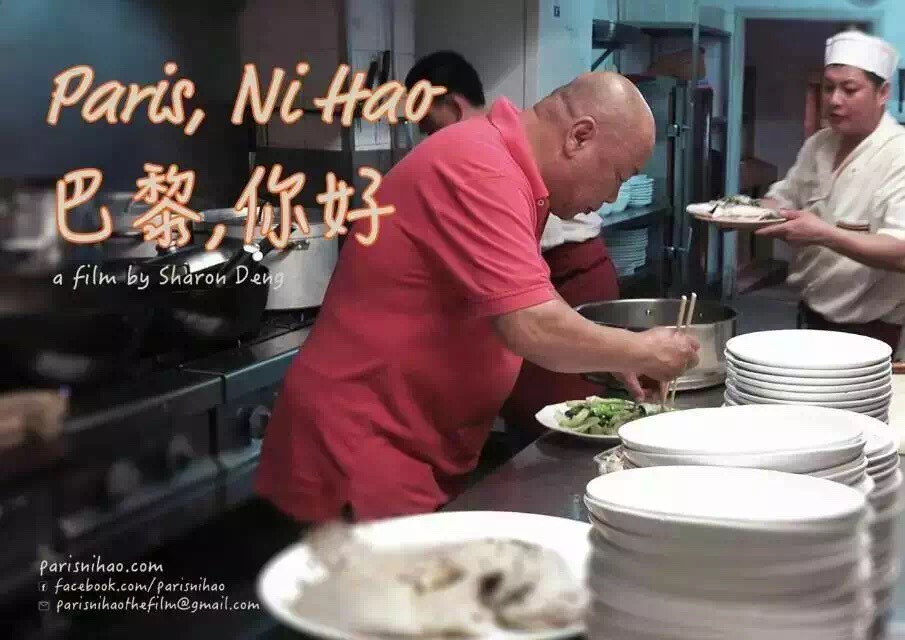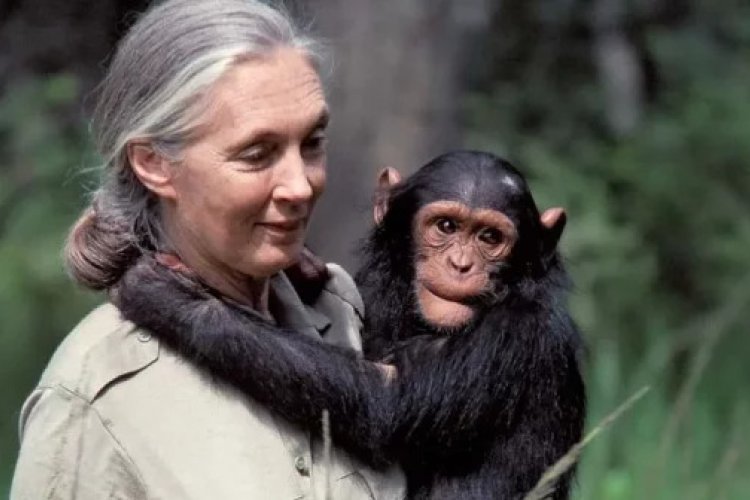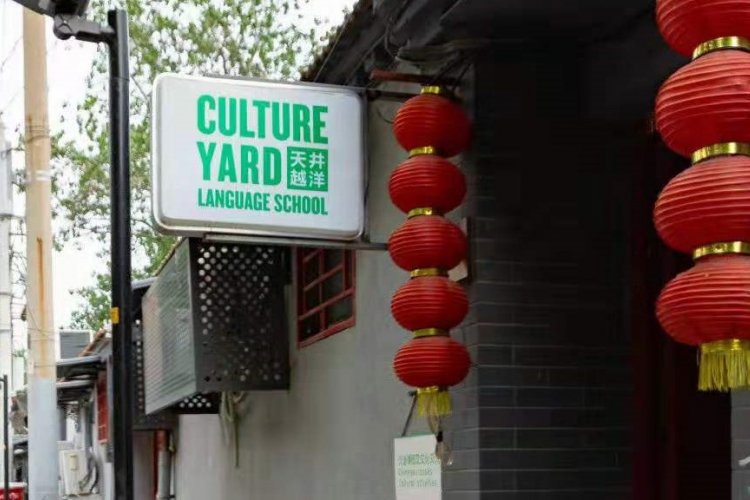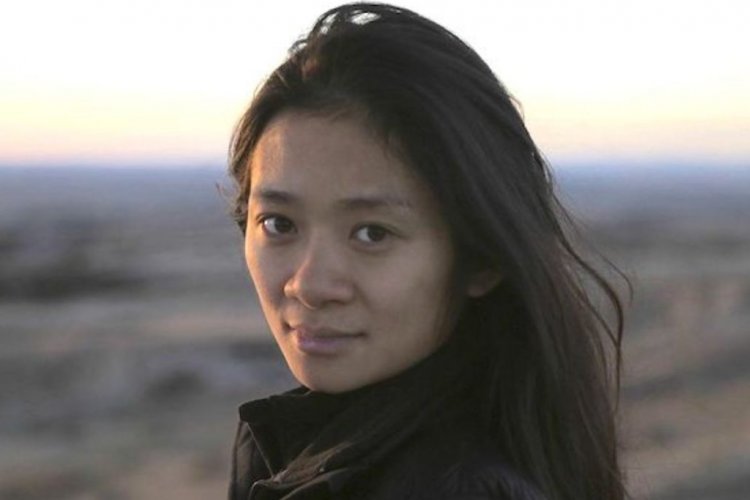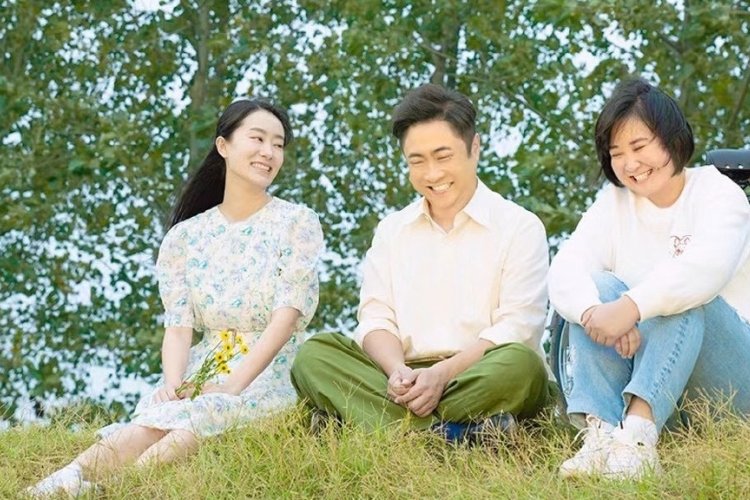Magnifique! Director Talks Filming the Chinese Immigrant Experience in France
Plenty of documentarians strive for objectivity, but Sharon Deng opted for the opposite while shooting her new film. In fact her arrival in Paris – with no friends or contacts, and only a beginner’s grasp of French – gave her crucial insights about her subjects’ struggles.
“It helped me feel a bit similar to an immigrant, in that I felt so vulnerable and alone,” says the Wuhan-born director of Paris Ni Hao, during a recent phone interview, about her intimate take on Chinese newcomers adjusting to life in the City of Light.
Though she majors in architecture at Princeton, Deng’s program required her to take on a project unrelated to that primary field of study. Her lifelong fascination with all things French, including her recent efforts to learn the language in her spare time, prompted Deng to train a lens on Chinese immigrants in Paris. The story that came into focus shocked the young filmmaker. She had no idea that, unlike many Chinatowns around the world, the vast majority of Paris’ Chinese immigrants hail from a single little known locale.
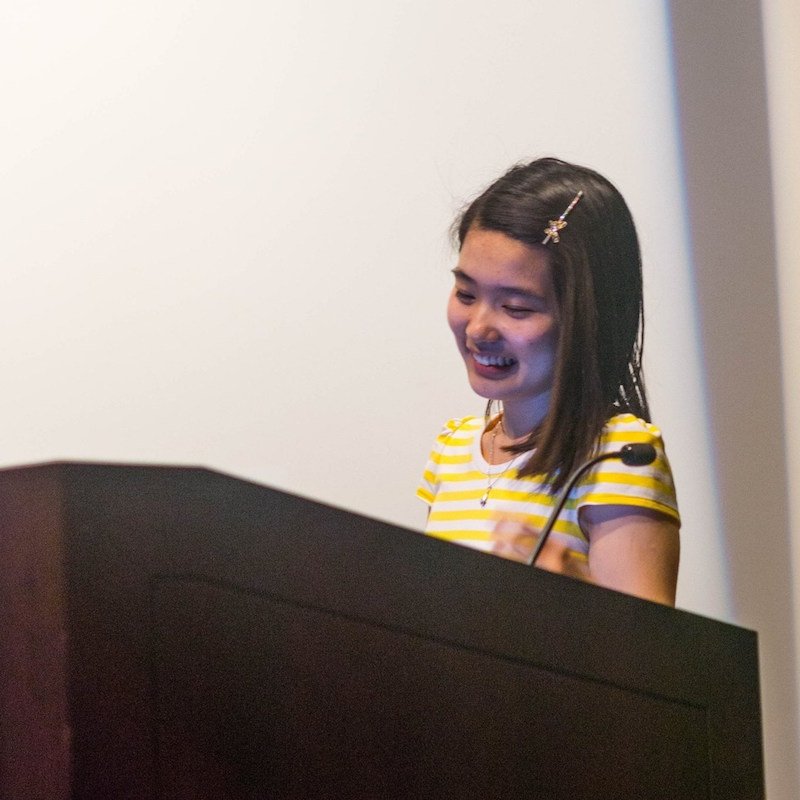
“More than half of them are from this small city close to Shanghai called Wenzhou. I’d researched that many of them are from there, but had no idea it was to that extent,” she says of her film’s subjects, many of whom left China in the 1980’s and arrived in Paris without any papers, only to toil in underground garment and handbag factories. Deng says: “Their lives were like: ‘Shut the window, close the curtains, no one can know we’re here.”
Despite those hardships, many of Deng’s interviewees insist the journey was worth it. One such subject of her film describes the meagre amounts of meat his family would ration in Wenzhou, and how he went on to flourish as a cook in Paris. “When we were little, there was nothing to practice with, we had only two grams of pork per month,” he says, as Deng films him garnishing plump shrimps and purchasing ingredients at a fully stocked Parisian market. His improved prospects still leave him marvelling, because he can still viscerally recall, in his boyhood, how “If you wanted to make minced pork, you wouldn’t have enough for a plateful, even if you saved meat for a month. (Things have) changed completely.”

After those workers finally acquired the needed documentation, they could send for the children they left behind in Wenzhou. Their route to Paris made Deng’s arrival look cozy and conventional, in comparison. The filmmaker says: “There’s this whole new generation of Chinese in Paris now who, from the ages of two to seven, grew up without seeing their parents. Their grannies would show them photos for years and say ‘This is your Mom.’ Then suddenly one day they’d be shipped off from Wenzhou to Paris – on their own – to live and go to school in this entirely new place. Their courage really amazed me.”
Braver still are the interviewees who marched in protest against the shortcomings of their adopted home. One of Paris Ni Hao’s characters recounts how he helped lead thousands of demonstrators that demanded better police enforcement, after a spate of racially charged violence in Chinatown. “I think the beauty of the film is that even though it’s a very particular story, it speaks to the broader immigrant experience, from the point of view of people who were changed by it,” Deng says, adding: “It doesn’t have prejudices. It’s their story, how they experienced and know it.”
Sharon Deng’s Paris, Ni Hao, is a 40 minute documentary shot in Chinese and French with English subtitles. It will be screened at The Culture Yard on May 28 at 7pm. Entry is RMB 50. A Q&A with Deng will follow. For more information, and to register via Yoopay, click here. To learn more about the film, click here.
Photos courtesy of Sharon Deng

